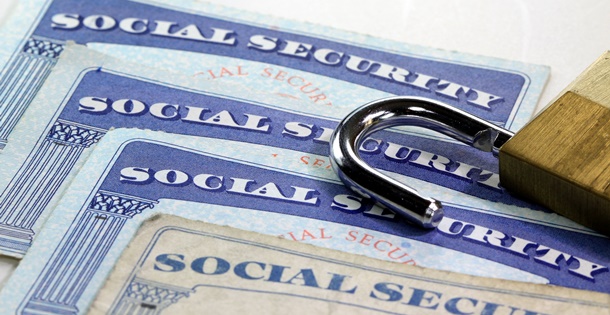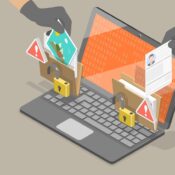Steve Weisman is a lawyer, college professor, author and one of the country’s leading experts in cybersecurity, identity theft and scams. See Steve’s other Con Watch articles.
The recent announcement of a massive data breach at Equifax, one of the three major credit reporting agencies, is important to everyone. Personal information — including names, birth dates and Social Security numbers — was stolen by presently unknown hackers. The sheer magnitude of the breach is astounding, affecting 143 million Americans. To put this number into perspective, it accounts for almost 44 percent of the entire population of the United States. The victims of this data breach are in serious danger of identity theft, which can be devastating to your financial well-being.
Among the many disturbing aspects of this story is that, although the data breach occurred between mid-May and July of 2017, according to Equifax, they did not disclose to the public that the breach had occurred until September 7, leaving unwary victims in great jeopardy. While there are no federal laws requiring a timely announcement of data breaches, almost all states have such laws, which appear in many instances to have been violated by Equifax.
Equally troubling is the fact that three senior executives at Equifax, including its CFO, sold almost $2 million of their stock in early August after the company was aware that the breach had occurred. If these sales were done with the knowledge of the theft, such sales could be a violation of insider trading laws. If the executives were not aware, it does not reflect well on the management of Equifax that its own CFO and other senior executives were oblivious to the immense data breach days after it had been discovered.
What Equifax Is Doing
Equifax promptly provided a link that people could use to find out if they were victims, but reports have circulated that even people who put in the names of fictional characters and phony Social Security numbers were informed that they were probably affected. Regardless, due to the sheer size of the data breach, everyone should be taking precautions to protect themselves from identity theft.
Equifax is offering a free year of credit monitoring and other services through its security company, Trusted ID. It also is offering to freeze your credit report at no charge. Initially, the fine print of the contract to receive these free services required that you waive your rights to be a part of any class action lawsuit against Equifax and agree to binding arbitration for any claims against Equifax. Under pressure from many people — most notably New York Attorney General Eric Schneiderman, who believed such a condition was illegal — Equifax is not requiring consumers to waive these rights. I urge you to take advantage of the free services being offered now by Equifax.
It is important to note that while these services being offered by Equifax through its Trusted ID company are indeed free for one year, the risk of identity theft will be with people forever. A year’s worth of protection is not adequate to ensure against identity theft in the future.
As of this writing, 23 class-action lawsuits in 14 states are being brought against Equifax related to the harm to consumers brought about by this data breach. Class-action lawsuits are brought by a few individuals on behalf of large numbers of other people with the same problem. It is an effective way for consumers to seek redress from companies with no out-of-pocket cost, as the legal fees are paid through a contingency arrangement with the class-action lawyers, who get paid a percentage of any settlement or judgment won. The class-action process is slow, and it will be a long time before these cases are resolved.
What You Can Do
- Get a copy of your credit report from each of the three major credit reporting agencies, Equifax, Experian, and TransUnion. Federal law provides for you to get a free copy of your credit report annually from each of the credit reporting agencies. You can request your free credit reports through AnnualCreditReport.com.Be warned other companies that appear to offer free copies of your credit reports hide the fact that they are signing you up for additional services for which you will be charged.
- Freeze your credit. Once you have reviewed your credit reports for indications of identity theft, you should freeze your credit at each of the three major credit reporting agencies. By freezing your credit, even if a criminal has your Social Security number, he or she cannot access your credit reports to establish credit in your name.For more information about credit freezes, this article explains them in detail.
Become a Saturday Evening Post member and enjoy unlimited access. Subscribe now



